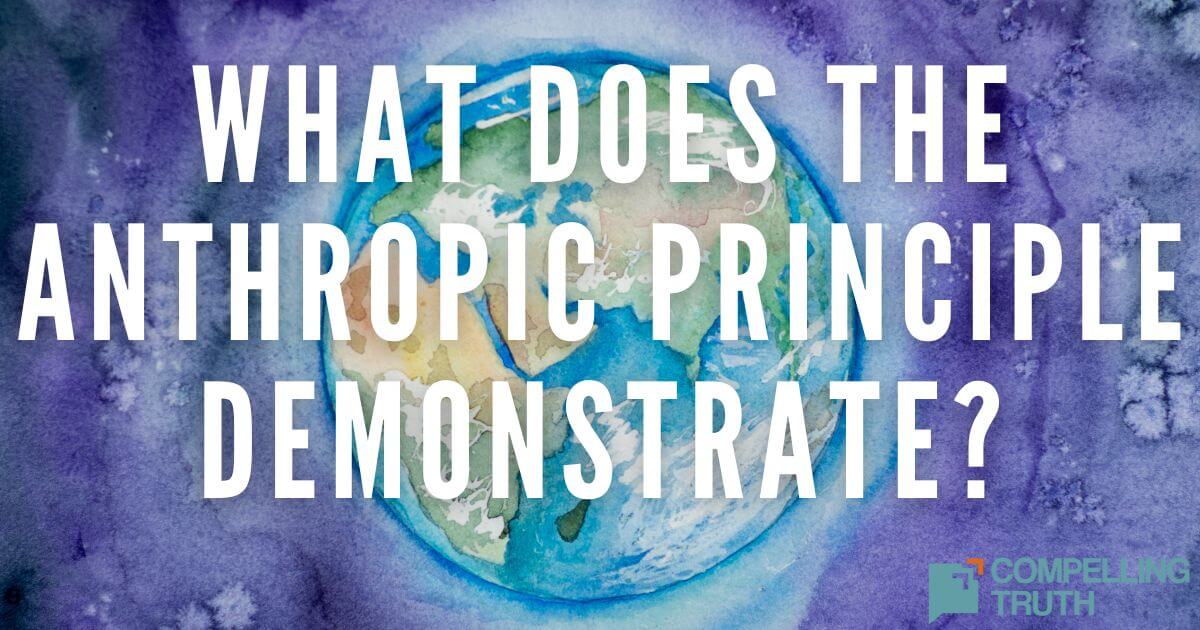In physics, a beautiful theory is one that is mathematically simple and explains as much as possible in an apparently accurate way. Einstein developed the theory of relativity to describe gravity, time, mass, and light. Quantum theory arrived shortly after, attempting to explain how electricity and magnetism are related to the weak nuclear force (radiation) and the strong nuclear force (which bind protons and neutrons in an atom's nucleus). Since Einstein's time, physicists have attempted to reconcile the two theories. The theory of relativity only works on "large" objects like stars, planets, people, and grains of sand. Quantum theory only works on the subatomic level. Relying on two theories to describe the cosmos is neither simple nor elegant. For that, physicists need a "Theory of Everything."
String theory is one candidate for this all-encompassing explanation. It posits that at the most fundamental level, all subatomic patterns are made of tiny bits of vibrating string. How these strings vibrate determine what their visible physical attributes will be. According to the latest derivative, M-Theory, the strings "live" in a world made of eleven dimensions. We interact with four of these dimensions—time, and the three spatial dimensions. The other seven are compacted so small that we cannot see them.
Some have used this idea of a cosmos made of eleven dimensions to explain how God exists outside of human existence. He is timeless, we can't see Him, and He interacts with our world in ways that do not make sense to our limited four-dimensional thinking. The classic illustration is that of two-dimensional characters who live on a sheet of paper and can only see their world on that paper. Everything, no matter its two dimensional shape, appears as a line segment. If a three-dimensional box were to interact with the two-dimensional world by bouncing across it, the inhabitants would occasionally see a point (as the box landed on a corner) or a line (if the box landed on a side or an edge). The inhabitants would be able to float around the shape to get an idea of its two-dimensional form, but they would never understand the concept that the shape actually lifted up off the paper into the dimension of depth. This view of God is similar. We will never understand His depth or how He moves in the world because we do not have access to all the dimensions He lives in.
Does God live in eleven dimensions? The Bible doesn't say. But if the cosmos is made of eleven dimensions and God made the cosmos, there's no reason to think He'd be confined to eleven dimensions any more than He'd be confined to four. It's possible that He made eleven dimensions so that He could work directly in our world, or even so that the fine nuances of our cosmology would operate correctly. But possible doesn't mean true.
Another issue with string theory is that, so far, it is a mathematical exercise, not necessarily science. A theory is generally considered scientific if it can be tested, observed (like the stars), and/or predict new scientific discoveries. String theory deals with particles on such a microscopic level that it's doubtful the components will ever be observed. And since we are confined to our four dimensions, gaining access to other dimensions would only occur through God's divine will.
God's relation to string theory is simply the fact that if string theory is true, God created it. Eleven dimensions cannot confine God, nor can eleven million dimensions. Tiny vibrating strings cannot define God and neither can the tiny vibrating machinations of the human mind define and confine Him. He can be known only as He is revealed to the heart by the Holy Spirit, and any attempt to bring Him down to the level of finite comprehension loses sight of His solitary excellence and transcendence. "For my thoughts are not your thoughts, neither are your ways my ways, declares the LORD. For as the heavens are higher than the earth, so are my ways higher than your ways and my thoughts than your thoughts" (Isaiah 55:8-9).
String theory is one candidate for this all-encompassing explanation. It posits that at the most fundamental level, all subatomic patterns are made of tiny bits of vibrating string. How these strings vibrate determine what their visible physical attributes will be. According to the latest derivative, M-Theory, the strings "live" in a world made of eleven dimensions. We interact with four of these dimensions—time, and the three spatial dimensions. The other seven are compacted so small that we cannot see them.
Some have used this idea of a cosmos made of eleven dimensions to explain how God exists outside of human existence. He is timeless, we can't see Him, and He interacts with our world in ways that do not make sense to our limited four-dimensional thinking. The classic illustration is that of two-dimensional characters who live on a sheet of paper and can only see their world on that paper. Everything, no matter its two dimensional shape, appears as a line segment. If a three-dimensional box were to interact with the two-dimensional world by bouncing across it, the inhabitants would occasionally see a point (as the box landed on a corner) or a line (if the box landed on a side or an edge). The inhabitants would be able to float around the shape to get an idea of its two-dimensional form, but they would never understand the concept that the shape actually lifted up off the paper into the dimension of depth. This view of God is similar. We will never understand His depth or how He moves in the world because we do not have access to all the dimensions He lives in.
Does God live in eleven dimensions? The Bible doesn't say. But if the cosmos is made of eleven dimensions and God made the cosmos, there's no reason to think He'd be confined to eleven dimensions any more than He'd be confined to four. It's possible that He made eleven dimensions so that He could work directly in our world, or even so that the fine nuances of our cosmology would operate correctly. But possible doesn't mean true.
Another issue with string theory is that, so far, it is a mathematical exercise, not necessarily science. A theory is generally considered scientific if it can be tested, observed (like the stars), and/or predict new scientific discoveries. String theory deals with particles on such a microscopic level that it's doubtful the components will ever be observed. And since we are confined to our four dimensions, gaining access to other dimensions would only occur through God's divine will.
God's relation to string theory is simply the fact that if string theory is true, God created it. Eleven dimensions cannot confine God, nor can eleven million dimensions. Tiny vibrating strings cannot define God and neither can the tiny vibrating machinations of the human mind define and confine Him. He can be known only as He is revealed to the heart by the Holy Spirit, and any attempt to bring Him down to the level of finite comprehension loses sight of His solitary excellence and transcendence. "For my thoughts are not your thoughts, neither are your ways my ways, declares the LORD. For as the heavens are higher than the earth, so are my ways higher than your ways and my thoughts than your thoughts" (Isaiah 55:8-9).



